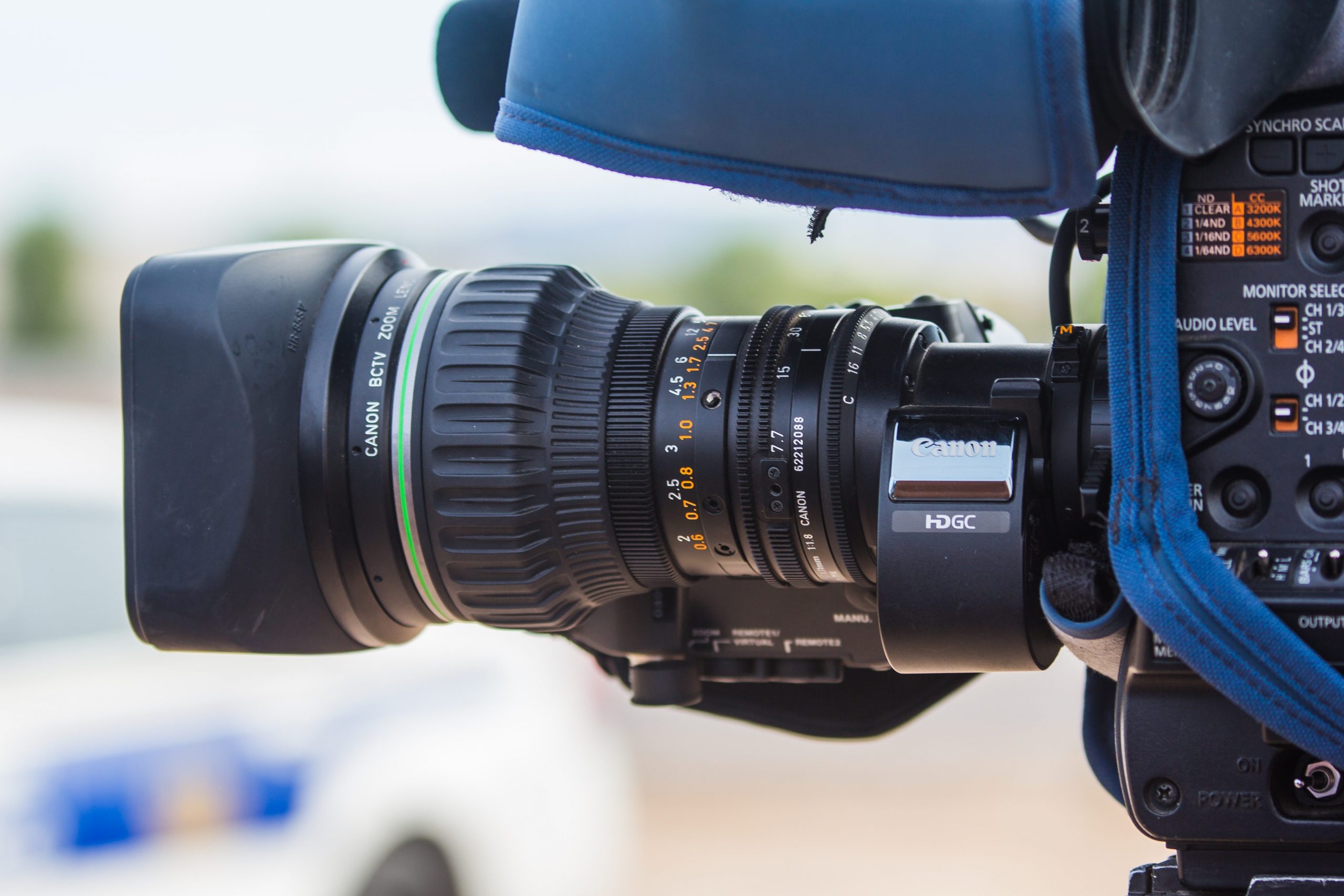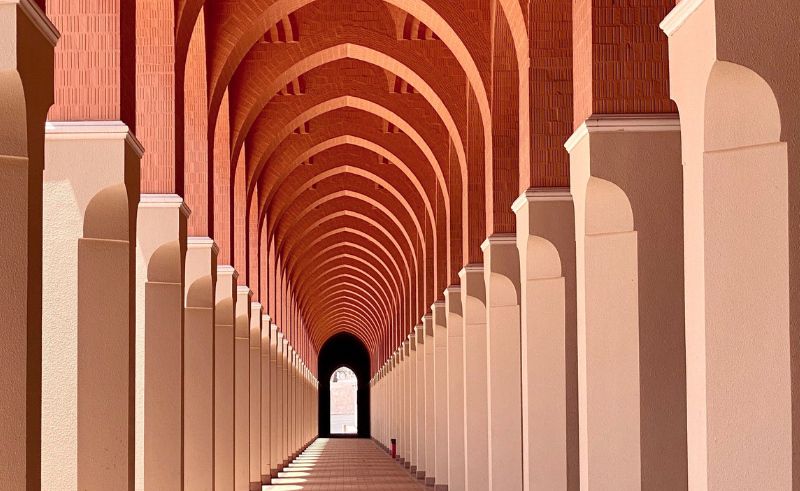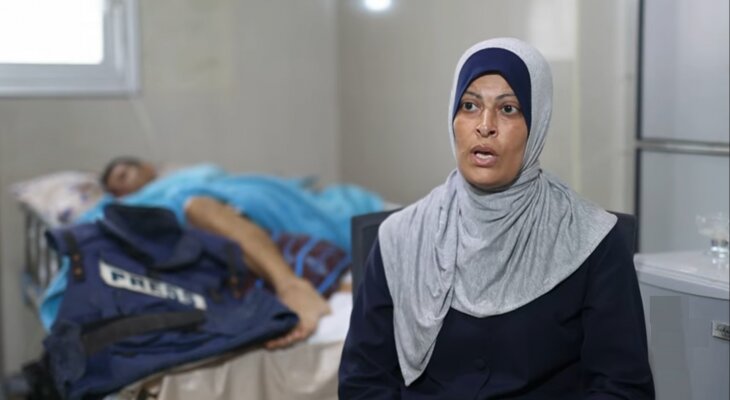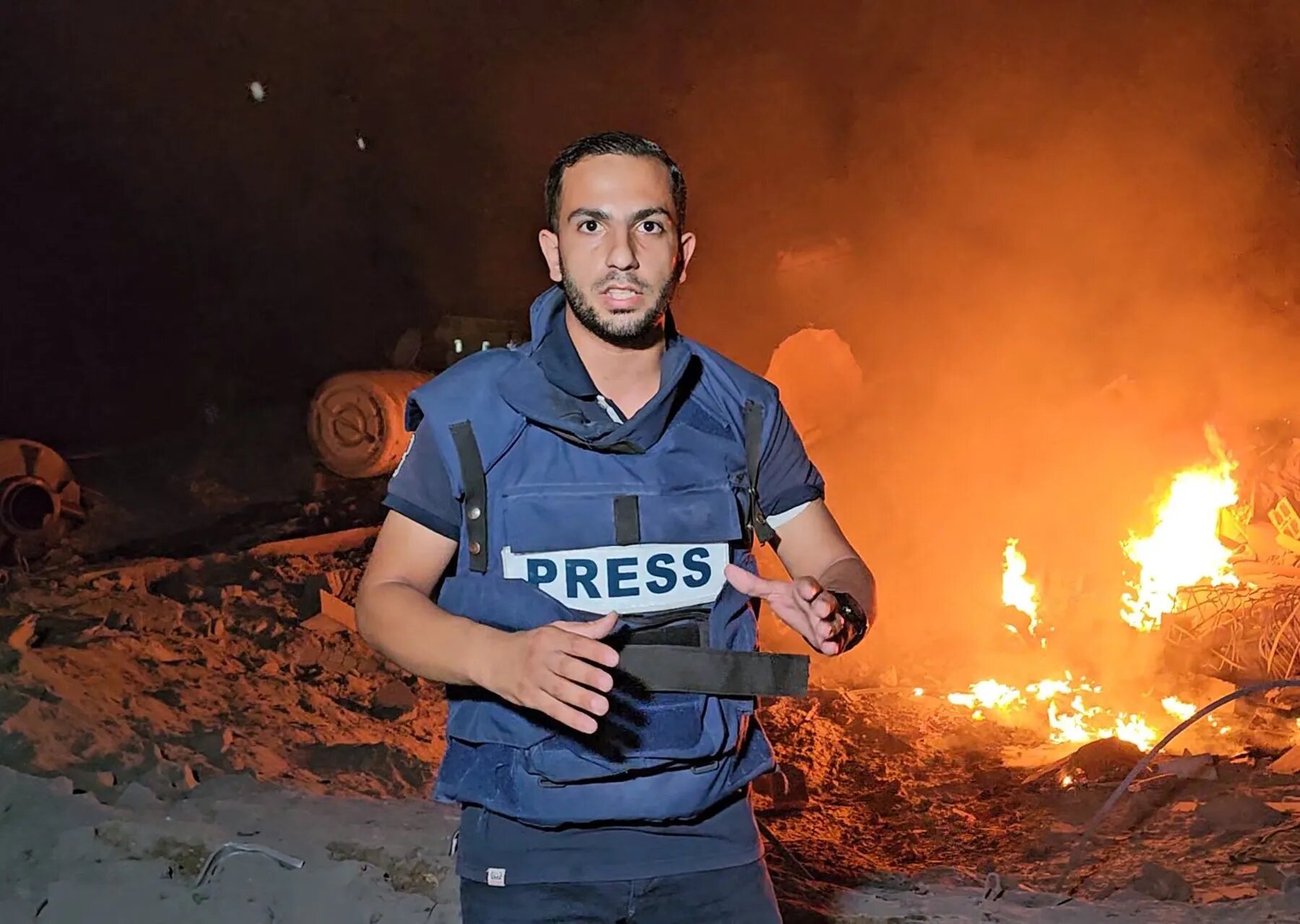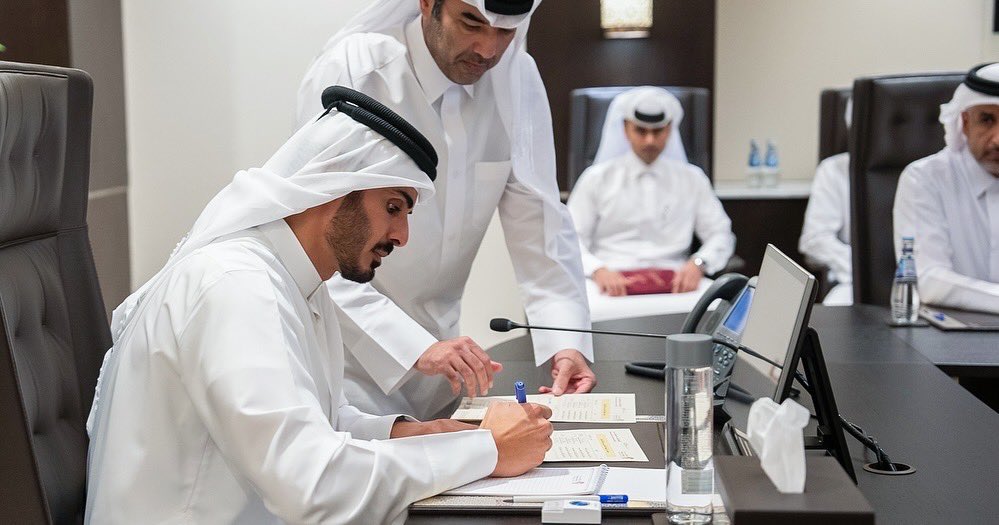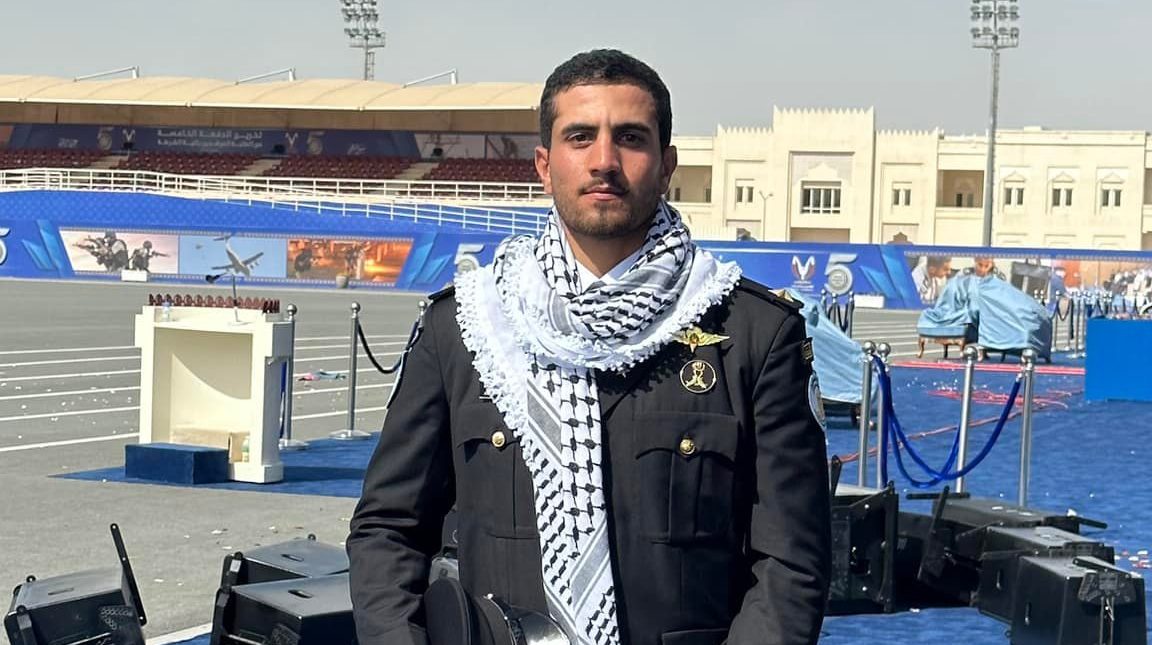While Qatar’s commitment to press freedom is encouraging, additional measures are required to promote more media freedom, writes Ambassador Stefanie McCollum on World Press Freedom Day 2021.
Last week, Al-Sharq columnist Abdulaziz AlKhater lamented the state of Qatari media, describing the content produced as “repetitive” and lacking creativity. Alkhater asked his fellow Qatari journalists to be bold and overcome their “internal fears” of committing errors or being subject to criticism. He concluded that “while the state has given some space for [press] freedom” progress could only be found when Qatari media is given “additional freedom.”
His call to action is timely, because today we celebrate World Press Freedom Day.
Media freedom is a cornerstone of democratic societies and essential to the protection of human rights.
The right of everyone to hold opinions, without interference, as well as the right to freedom of expression was enshrined in Article 19 of the Universal Declaration of Human Rights and reaffirmed in Article 19 of the International Covenant on Civil and Political Rights.
It includes the freedom to seek, receive and impart information and ideas of all kinds, whether orally, in writing or in print, or through any other media of choice. Certain restrictions are permissible but they must be in accordance with international human rights law.
Unfortunately, media Freedom is increasingly endangered worldwide. Journalists continue to be silenced or attacked.
According to the Committee to Protect Journalists (CPJ), 25 journalists were killed while on the job in 2019. Additionally, 389 journalists around the world were in jail in 2019, as documented by Reporters without Borders.
The escalation of gender-based violence and harassment in the field of journalism is also of urgent concern. According to UNESCO, women journalists face an increasing amount of violence, representing nearly 10% of journalists killed within the last decade.
In light of the Covid-19 pandemic, there is an even greater need to protect and promote the crucial role of independent media.
According to the World Press Freedom Index, exacerbated by political and societal pressures during the pandemic, the proportion of countries with a “very bad” media freedom ranking rose to 13% in 2020. In these exceptional times, the work of journalists should be protected as it serves to keep societies informed, while promoting proper health measures and contesting false or misleading information.
“Journalists in the hundreds will flock to Qatar to cover the FIFA World Cup, and their ability to report freely should be guaranteed.”
To counter these challenges, journalists, civil society, governments, and international organisations have joined forces to protect and promote media freedom.
For example, Canada and the UK co-hosted in 2019 the first Global Conference for Media Freedom in London and formed the Media Freedom Coalition, a partnership of over 40 countries working together proactively to advocate for media freedom, online as well as offline.
In November 2020, Canada and Botswana co-hosted the second Global Conference for Media Freedom online, convening journalists and experts from around the world to address the most pressing challenges to media freedom, with a focus on issues around democracy, disinformation, and Covid-19.
Qatar has also expressed its commitment to protect press freedom. For example, in 2020 at the UN Human Rights Council in Geneva, Doha shared its concern that journalists in the Arab world are being targeted for practising their profession and urged governments to ensure the protection of journalists, including women journalists, and to hold those responsible for violations and crimes accountable.
While Qatar’s commitment is encouraging, additional measures are required to promote more media freedom, for example by eliminating restrictions on expressions criticising state institutions and officials in traditional and online media.
Read also: Spygate: how the UAE and Saudi are using spyware to silence journalists
This past year, Qatar has seen its share of pivotal events, whether in the fields of diplomacy, health, labour, or sports. Throughout, Qatari media and journalists played a crucial role in covering these developments.
Doha News has been recognised for providing honest and bold news, whether about labour reforms, Covid-19, women’s rights, or the blockade. However, DN should not be unique. After all, Qatar is home to Aljazeera, which according to Reporters without Borders “transformed the media landscape in the rest of the Arab world.”
Indeed, Abdulaziz Alkhater recognised Aljazeera for its pioneering role in the region. However, he was quick to point out the absence of local Arabic media outlets with the same calibre.
Major upcoming events
Later this year, Qatar will hold its first ever Shura Council elections, when journalists and media outlets are expected to play a critical role covering this historic event, providing an honest and unfiltered account, which would allow voters to make informed decisions.
Similarly, protection of media freedom and ability to provide unfiltered coverage are also expected when the most anticipated global sporting event will take centre stage in Qatar in 2022. Journalists in the hundreds will flock to Qatar to cover the FIFA World Cup, and their ability to report freely should be guaranteed.
On this important occasion – World Press Freedom Day – we thank all journalists around the world who reveal injustices and give us the facts to think more freely and critically about the world around us. They play an essential role in defending and advancing the truth around the world and they must be allowed to report facts freely and independently.
Stefanie McCollum has served as the ambassador of Canada to the State of Qatar since 2018.
The views and opinions expressed in this article are those of the authors and do not necessarily reflect the official policy or position of Doha News, its editorial board or staff.
Follow Doha News on Twitter, Instagram, Facebook and Youtube

